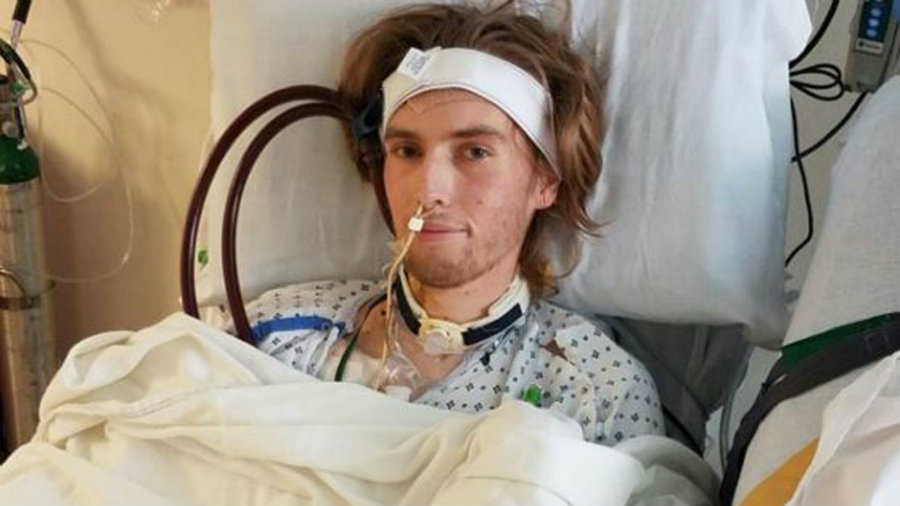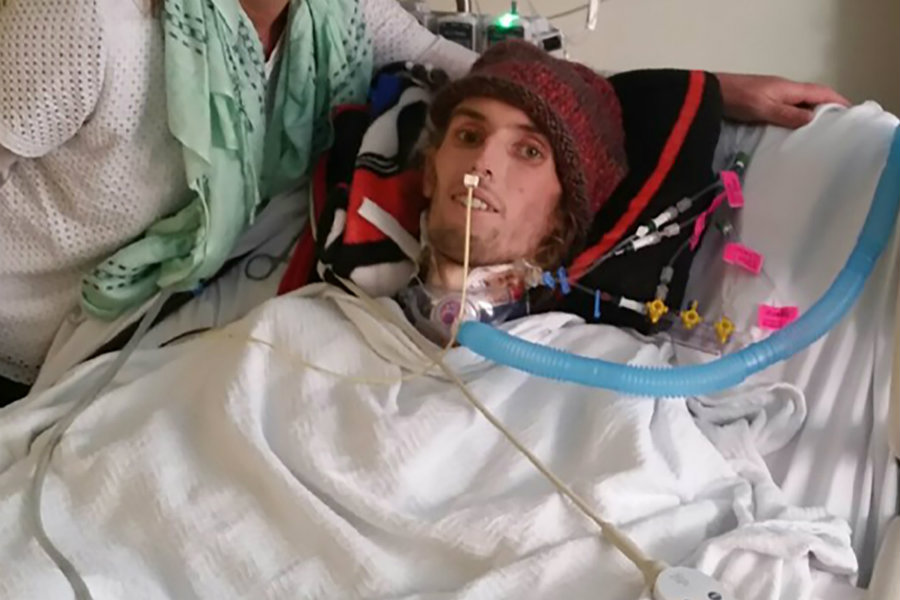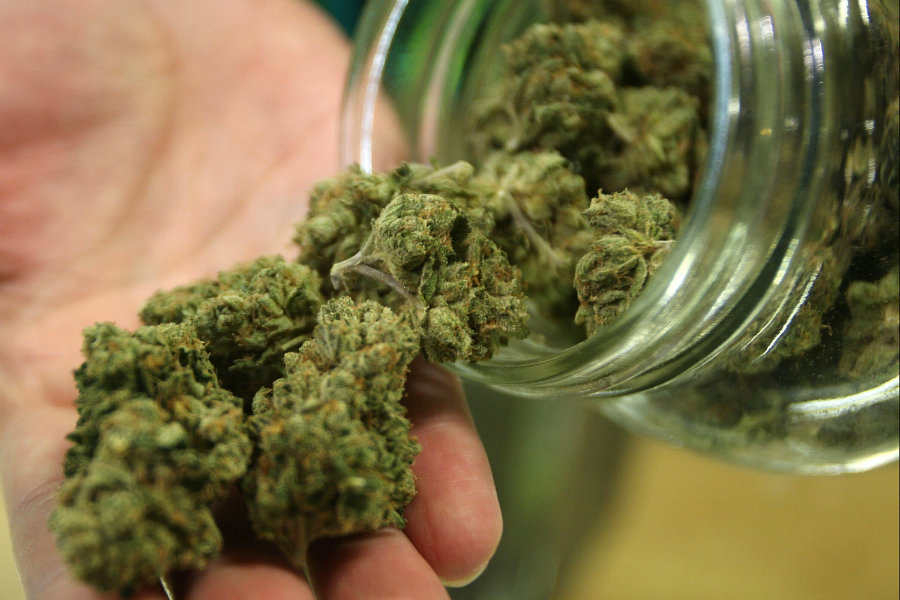Riley Hancey died at 4 p.m. on Saturday after undergoing a double lung transplant surgery. He was interned at the U. Hospital in Salt Lake City back in December after suffering from pneumonia in November.
After being denied the transplant, his parents were able to move him to UPenn in March, having the surgery performed on the 29th. Weeks later, Riley died from complications of the double lung transplant.

Riley’s death could’ve been avoided
Two weeks after being admitted in Salt Lake City, he was put on life support and was connected to an artificial lung machine. Riley was then recommended for a transplant when doctors saw that his lungs would not recover appropriately.
He was denied eligibility after traces of marijuana were found in his organism, as he had smoked the drug in Thanksgiving with his friends.
Hancey was rejected from the transplant list, and U. officials claimed that they could not comment on his case. However, a spokeswoman referred to the hospital’s policy, stating that the U. does not “transplant organs in patients with active alcohol, tobacco or illicit drug use or dependencies until these issues are addressed, as these substances are contraindicated for a transplant.”

Hospital policy dictates that patients under these circumstances must either be enrolled in a cessation program or be undergoing medical treatment. It appears that this is so the patient has a higher chance of recovery after the surgery has taken place.
Riley’s father complained that he believed he could have “a few beers” and still get the transplant, while his son took just one “hit of marijuana” and was denied of one. He called for a different standard when it comes to organ transplants and the use of marijuana, as it is legal in some form in half of the country’s states.
Transplant legislation is incoherent with marijuana use laws
Organ transplant laws concerning marijuana vary by state, as in California, the Assembly Bill 258 prohibits caregivers from denying an organ transplant because the patient uses medical marijuana. This law is also followed in Arizona, Delaware, Illinois, Minnesota, New Hampshire, and Washington. One could argue that the law specifically refers to medical marijuana use, but each case is different when it comes to how much of the drug the patient uses on a regular basis.
According to his parents, Riley was a healthy man, as he had already been one year without using marijuana.
“Riley is now free to climb every mountain, ski the backcountry, go fishing, and run every river,” his YouCaring webpage stated after his death.

Physicians agree that there are incoherences when it comes to transplant legislation and marijuana use laws. For example, in Seattle, two out of every three transplant programs deny patients who have smoked marijuana recently, while the state of Washington had already passed a law legalizing the recreational use of the drug.
Although smoking marijuana can damage the lungs, in the long run, it is far less harmful than smoking tobacco. A 2005 study by Robert Melamede shows that because cannabis has anti-cancer proprieties, it creates a “protective effect against pro-carcinogens that require activation,” while tobacco does the exact opposite.
Source: The Salt Lake Tribune
